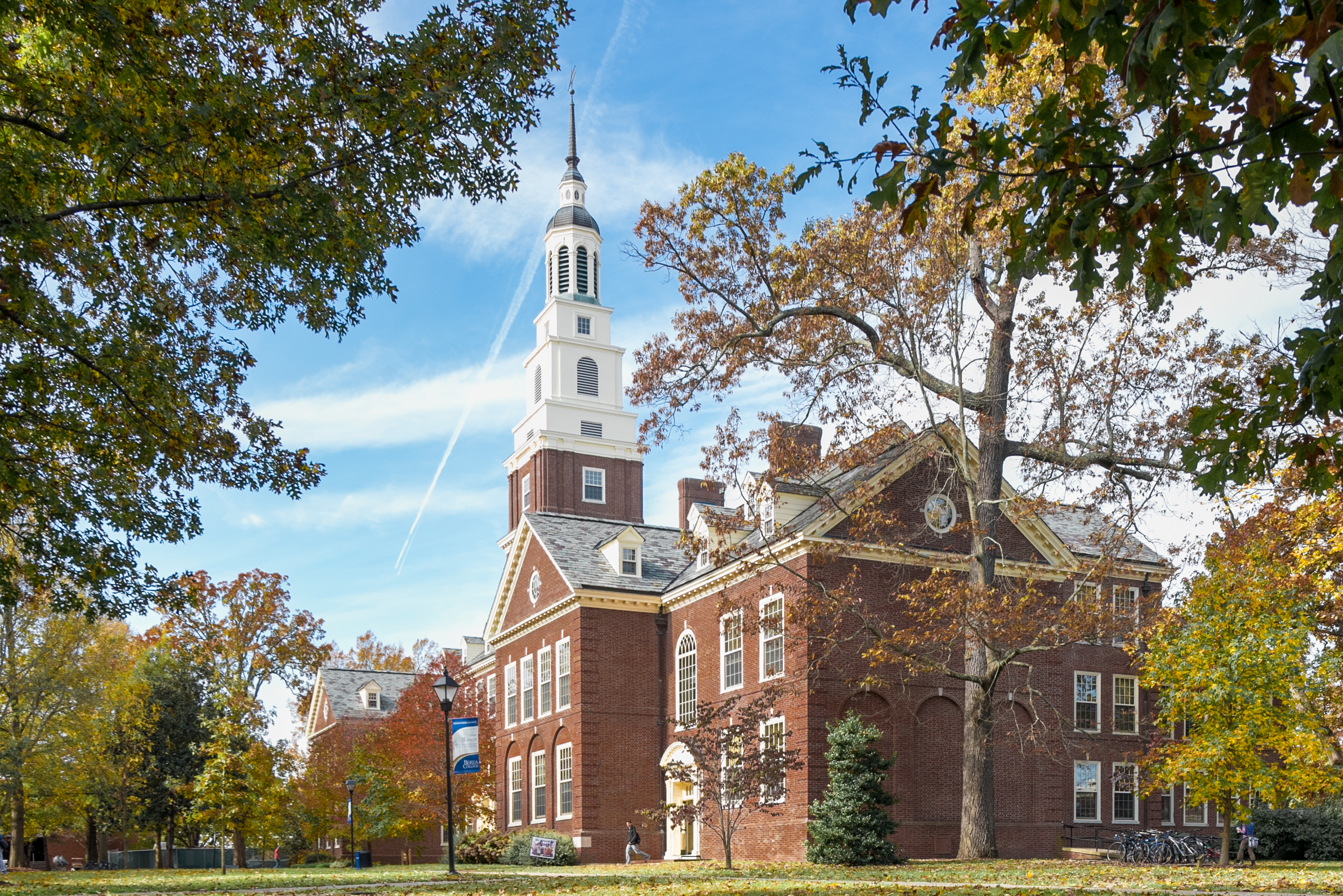- Survey
- Insider Industry Info
- Agriculture
- Arts and Design
- Business Support
- College
- Education and Training
- Entrepreneurship
- Banking and Finance
- Government
- Healthcare
- Holistic Development
- Hospitality and Tourism
- Human Services
- Law, Public Safety, Corrections, and Security Careers
- Manufacturing
- Marketing
- Military Careers
- Sales Career Information
- Technology
- Trades
- Transportation, Distribution, and Logistics
- Survey
- Insider Industry Info
- Agriculture
- Arts and Design
- Business Support
- College
- Education and Training
- Entrepreneurship
- Banking and Finance
- Government
- Healthcare
- Holistic Development
- Hospitality and Tourism
- Human Services
- Law, Public Safety, Corrections, and Security Careers
- Manufacturing
- Marketing
- Military Careers
- Sales Career Information
- Technology
- Trades
- Transportation, Distribution, and Logistics
Explore Diverse College Pathways
- Home
- Explore Diverse College Pathways
Save money and time with alternatives to traditional college.
IndigoPathway was created with the intention of pointing individuals to attainable opportunities outside the realm of traditional higher education. Though we have info on many careers that don’t require a degree, we want the best for everyone who visits our site and some dreams are locked behind a degree wall. To help you make the first steps, here are several affordable college options and alternatives to traditional college that can get you on the right path.

Alternatives to Traditional College
Four year universities are the starting point for millions of students in the US, but there are numerous other options available that go unnoticed. Here you'll learn about special schools with specific courses of study or rigorous educational programs.

Affordable College Options
Higher education can be extremely expensive, but IndigoPathway will walk you through a few different opportunities for financial aid, scholarships, and other resources.

Free Education
The schools described below aren't scams. These accredited schools offer valuable degrees or certificates and don't charge their students tuition. Work schools, trade schools, and various other unique institutions can help you further your career.
Explore Diverse College Pathways
Four year universities are the starting point for millions of students in the US, but there are numerous other options available that go unnoticed. Special schools with specific courses of study offer rigorous educational programs. For example, colleges such as Thomas Aquinas College and St. John’s College are Great Books institutions, in which students study only foundational literature for a more classical education. Other universities, like University of Chicago’s Graham School or Biola University’s Torrey Honors Institute, may have departments that offer similar programs. For a more comprehensive list of schools, check this list of Great Books Institutions on Wikipedia.
Other schools, such as Naropa University, Sarasota University, Shimer College, or Maharishi International University, are built on focused philosophies or principles, such as academic rigor, eastern philosophy, or strengths-based learning.
Some university programs take place outside the classroom. Programs like Semester at Sea will take students on an international learning experience. Other schools, like Evergreen State College and Lesley University, allow students to design their own major.
Finally, Colorado College and Spalding University are two examples of schools that use block scheduling, in which students take one class at a time for 3-5 weeks to allow more exploration and focus on a single subject.
Paying for College
Scholarships & Financial Aid
The first and most important scholarships to look for are the ones offered by the college itself. Colleges may offer scholarships based on the grades of your previous school, with different tiers of scholarships available depending on how high your grades were. These are often called Merit Scholarships and are found at schools like USC, Point Loma Nazarene University, and Hollins University. Many schools also offer departmental scholarships that require you to pick a specific major or join a group like band or choir. For example, University of Colorado, Boulder offers primarily departmental scholarships. In essence, each school handles financial aid differently, so looking at a broad range of schools you’re interested in, then checking out each school’s financial aid or scholarship web page will help you filter the options.

Affordable College Options

Low-Cost Universities
Other colleges, such as Western Governors University and Full Sail University offer quality programs but make a serious attempt to keep costs down and increase the value of their degrees. Best Value Schools offers a comprehensive list of low-cost schools and a Program Finder tool that matches your best school match based on your degree and concentration preference.
Similar to the nontraditional colleges above, these affordable college options and those listed on our database are inexpensive or free and offer accredited degree programs.
Work Colleges
Though only a handful exist around the United States, work colleges are a unique group of schools that charge no tuition to their students. These schools from the Work College Consortium require that all resident students participate in a comprehensive work-learning service program for all four years of enrollment. All students at work colleges have jobs, with some taking on campus jobs and others holding off campus positions. The US work colleges are Alice Lloyd College, Berea College, Bethany Global University, Blackburn College, College of the Ozarks, Paul Quinn College, Sterling College, and Warren Wilson College.
Trade Schools
Other schools, such as vocational schools or trade schools allow you to learn a trade, get paid, and receive tuition benefits. Schools like The Apprentice School, Deep Springs College, and Williamson College of the Trades fall under this category. Other schools, such as Barclay College, The Curtis Institute of Music, and Webb Institute don’t charge their students the cost of tuition and instead rely on private donors, scholarships, and other income sources to promote a free learning environment.
College Categories on Indigo Pathway
Engineering
Nursing

